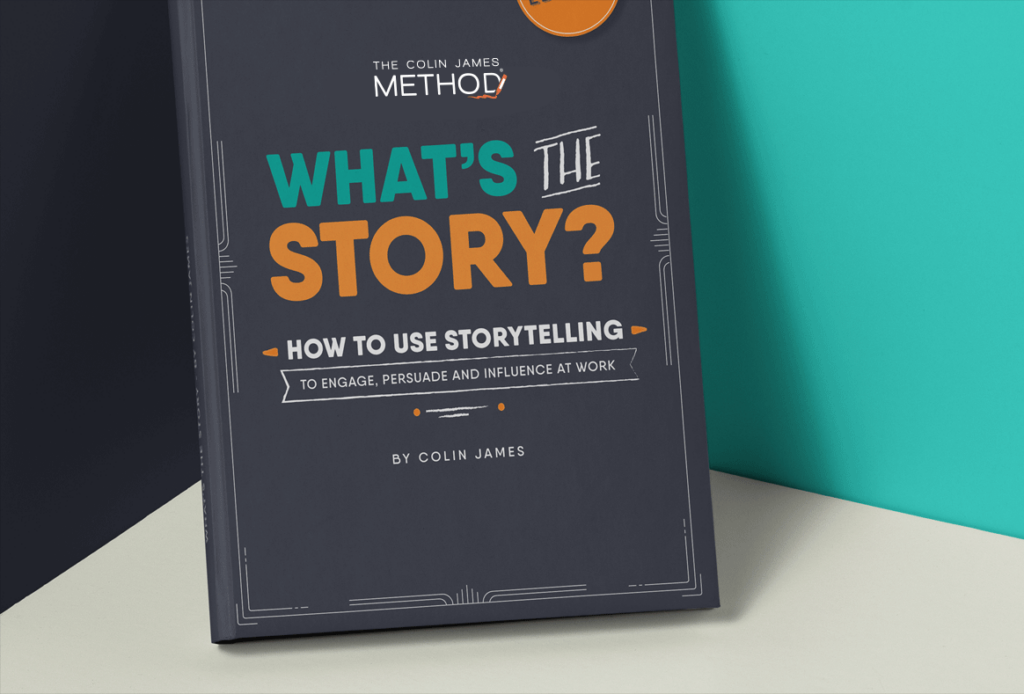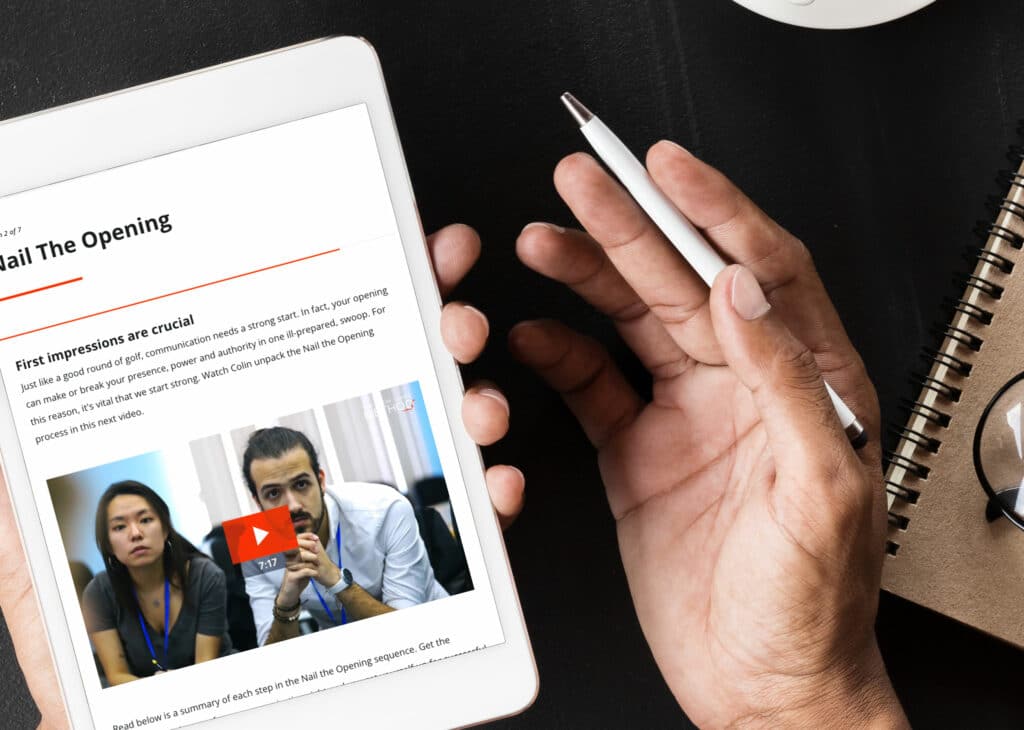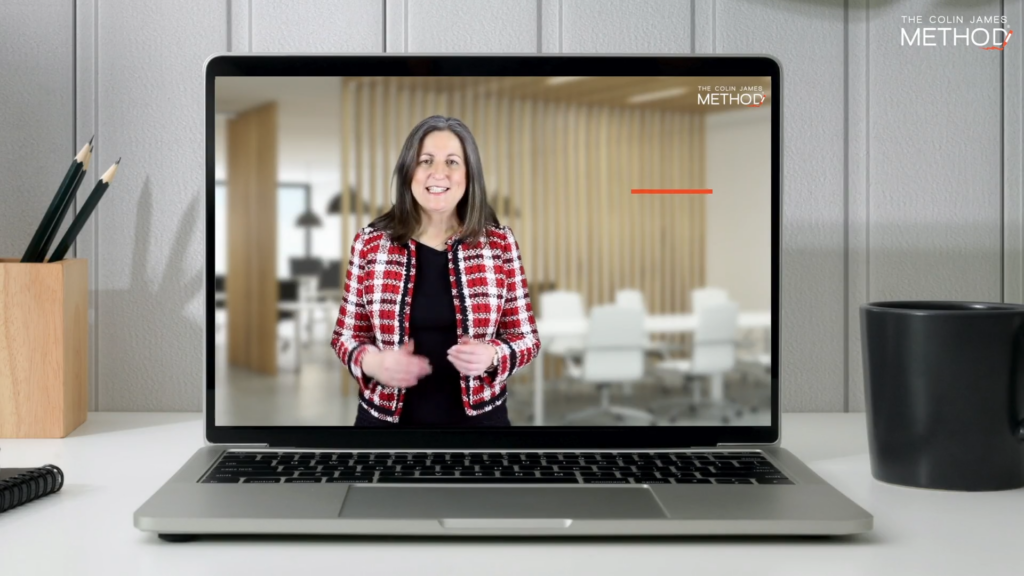Blog bites:
- Use your hands to strengthen your message
- Be relevant to your audience
- Always ask ‘Why?’
Use your hands
Whenever you negotiate or make a pitch, check out the other person’s hands as they speak. It sounds simple, but hand gestures can reveal a lot. Depending on the gesture, you will be able to tell if they are open to further discussion, or if their mind is made up. Sometimes the other party’s hands will show you what they are really thinking, even when they might be saying the opposite. A negotiation ninja knows how to read the signs…
So what do your hands say about you as you negotiate?


Palms up
This gesture is placatory and typically indicates, “I’m open to further discussion”.
If you don’t want to negotiate further, having your hands palms up sends the wrong signal.
Try it next time you’re negotiating to get your kids to bed and notice the difference!


Palms up
This is a closing down gesture and often means, “That’s my final offer”. It’s also useful in a facilitation context when you want to stop the discussion and move to the next topic.


Thinker
A reflective gesture, thinker is used to show respect and to give thought to something the other party is saying or to a question that they’ve asked. If a negotiation is getting heated or too bogged down in the detail, it’s a useful posture to adopt whilst sitting up and back to help lift everyone to a more objective perspective.
Next time you’re in a meeting, experiment with different hand gestures and see how each gesture impacts the discussion. Once you learn how to read body language, you’ll be a much better negotiator.
Be relevant
Of course, boosting your negotiation skills goes beyond the hands. You also need to be relevant to the other party. If you just start talking – without a plan for persuasion – your points will be diluted.
But how do you build relevance?
Put yourself into the other party’s shoes. Whether you’re trying to convince a customer or make an effective presentation, ask yourself “Why should they listen to me? What’s in it for them?” Answer these questions and you’ll immediately grab their attention.
The more relevant it is to the other party the more your discussion will become memorable, meaningful and powerful – putting you in a much better position to influence and engage them.
Why? Because when you understand the participants’ point of view, they’re more likely to see significant value in your ideas. And if you can do that quickly, you’ll turn a passive participant, into an active one, who is ready and revved up to jump on board.
In the Mastering Communication Program, Colin James and Erica Bagshaw explore the use of your body combined with powerful messaging as part of the six key elements to the Colin James Method. Join us at the next two day workshop dates in Sydney CBD on the 19th and 20th August or in Melbourne CBD, on the 2nd and 3rd September.
Try these tips for effective negotiation and you’re bound to be a more successful dealmaker and facilitator.
The Colin James Method® Facilitators train corporate executives to improve their professional development with a proven methodology. Our highly trained Facilitators and Coaches are recognised for their experience in their fields and have worked with many individuals and organisations around the world to master the art of communication.










